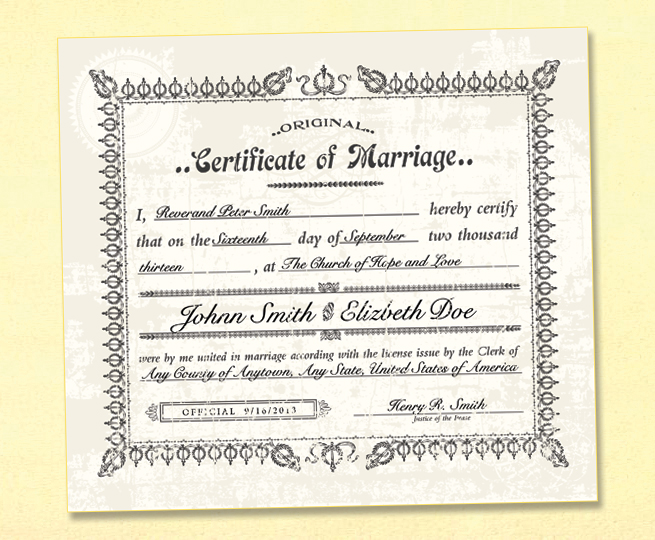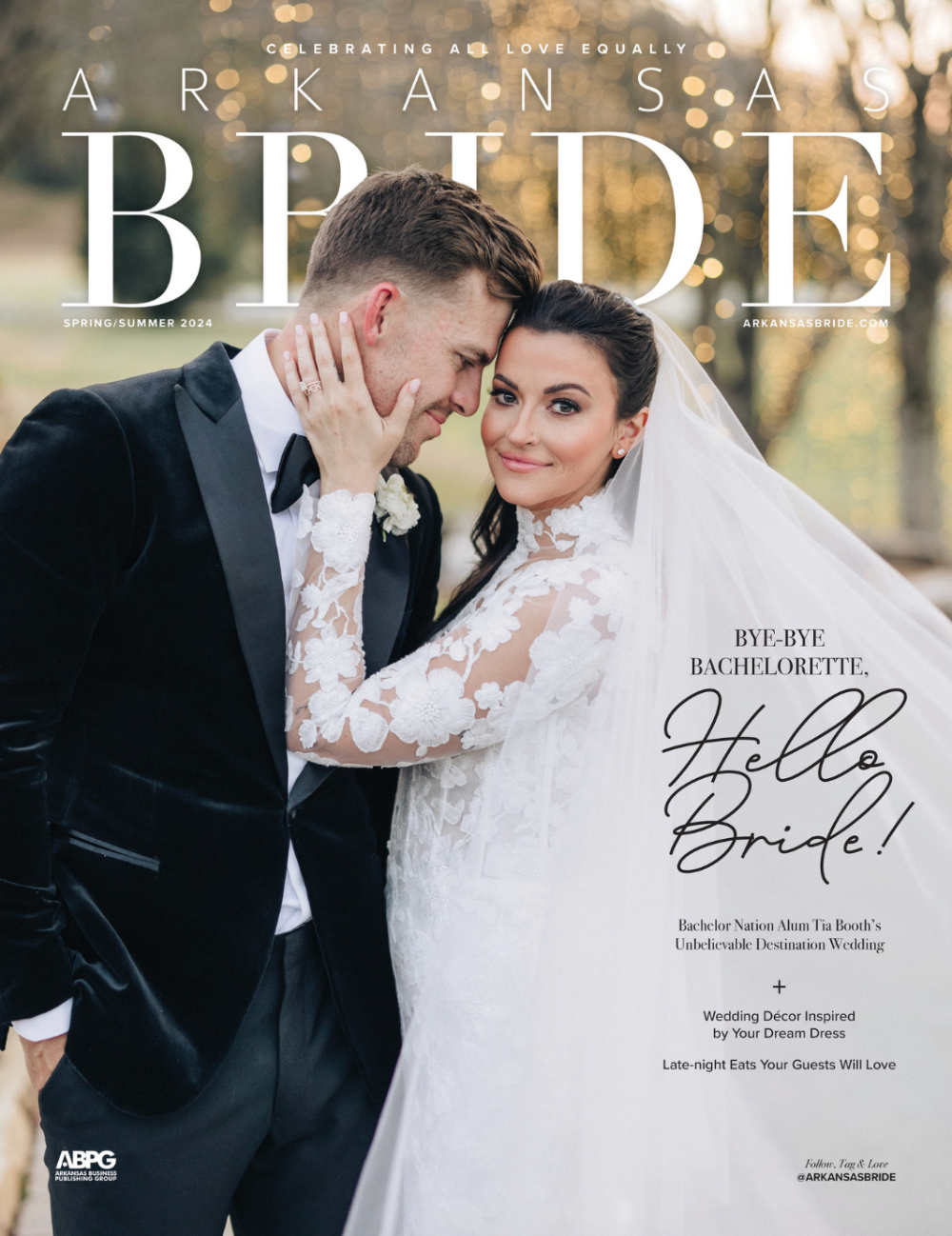Tradition holds the groom and his family are responsible for some of the wedding expenses. Here’s a breakdown of the most common responsibilities you and your family might be expected to bear before and after you say “I do.”
1. The bride’s rings
That means her engagement ring and her wedding band. Know her ring size beforehand — don’t guess!
The bride is expected to take care of the groom’s wedding band. Think she might need a little help picking yours out, or don’t have a clue what you want? Click here for a little wedding band 101.
2. The marriage license
This task can’t be checked off your to-do list until 60 days before the big day. Mark your calendar so you don’t forget — your vows aren’t official without this piece of paper.
Hint: Expect to spend about $58, and bring cash. Credit cards and checks aren’t accepted.
3. The officiant’s expenses
This includes the officiant’s transportation, lodging and fee (or donation) for officiating the ceremony. Traditionally, the best man delivers the officiant’s fee after the ceremony.
Also, don’t forget to include the officiant in your ceremony rehearsal and rehearsal dinner plans the night before the wedding. That means you might have to pay for one more night’s lodging.
4. Wedding attire
Whether you’re buying or renting, the groom’s side handles your wedding outfit expenses. And not just yours — your father and brother(s), too. Though it’s not necessary, it’s nice to help out groomsmen with their attire if you can.
Hint: Unless you’ve offered to pay, groomsmen are responsible for their own attire, but if you ask your crew to wear matching shoes, ties, vests, socks, etc., be mindful of each item’s cost and considerate of each groomsmen’s unique financial situation.
5. The rehearsal dinner
The rehearsal dinner can be formal or informal, and is often themed to fit the wedding style or complement the couple’s relationship. Traditionally, the groom’s parents plan this event and cover its expenses, including:
• Invitations (Who to invite? Click here for some dos and don'ts.)
• Venue (Check out these great venues!)
• Food/alcohol
• Décor
• Transportation to/from the rehearsal dinner, if needed
• Photographer for the rehearsal, if desired
6. Lodging & transportation
Provide lodging and transportation for you and your family, and again, if you’re feeling generous, for your groomsmen. Immediate family traveling in from out-of-town should be accommodated if you can afford it.
7. Gifts
• A wedding present for the bride
• Thank-you gifts for your groomsmen and ushers (great ideas can be found here), which you give at the rehearsal dinner
• A thank-you present for your parents for hosting the rehearsal dinner
• Go “halvsies” with the bride on a thank-you gift for her parents for hosting the wedding
8. Flowers
It has long been tradition for the groom to buy his bride’s bouquet for the wedding day, as well as flowers for a few others in the wedding, including:
• Corsages for the mothers of the bride and groom
• Corsages for the grandmothers of the bride and groom
• Boutonnières for the groomsmen and ushers
• Boutonnières for the fathers of the bride and groom
9. The Honeymoon
Now for the fun stuff: You get to plan a vacation. The honeymoon is all you — don’t let your new bride down. Remember that planning in advance saves you money and her stress. Your bride will begin checking in with you three to six months out to make sure you’ve handled the following:
• Transportation to/ from the airport
• Airfare
• Lodging
• Car rental
• Meals
• Activities
• Passports
Hint: Don’t wait till the last minute. Rush ordered passports are much more expensive and cause a lot of unnecessary stress right before the big day.


















